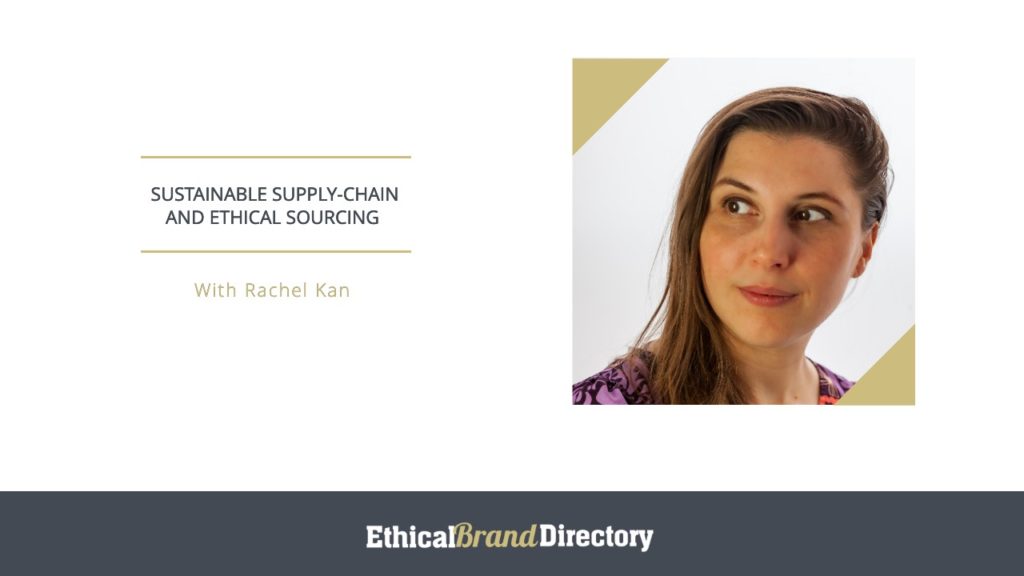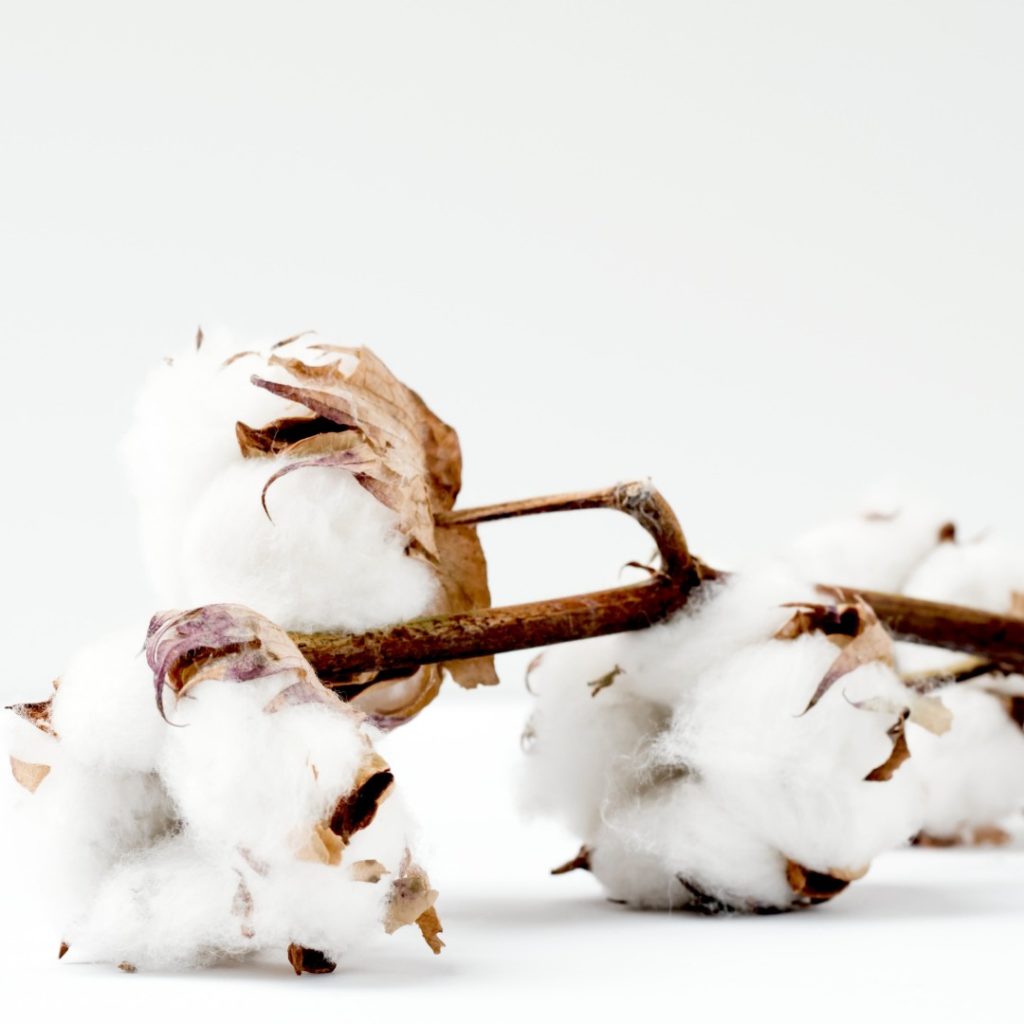Ever wondered how to create a sustainable supply chain or source ethically? Rachel Kan, founder of Circular Earth, joined Ethical Brand Directory’s supporting small business webinar series on the 23rd April to share her expertise on maintaining a sustainable supply chain and guidance on how to source materials ethically.
Rachel Kan Founder of Circular Earth
Rachel Kan is founder of Circular Earth, a fashion coaching & consultancy business which aims to provide industry knowledge for businesses on their impact on the world and to help them transform sustainably and ethically. Rachel has been a designer and design manager in the commercial fashion industry for 23 years and has worked within sustainability for the last three years, as well as lecturing in sustainability and ethics in business.

Sustainable Supply Chain and Ethical Sourcing with Rachel Kan
In this webinar, Rachel delved into the nature of supply chains and how they have been stuck in the past for a long time, where it was thought bigger, faster and cheaper was the way forward for the future. Rachel discussed how we need to shift our thoughts of sustainability in relevance to the future and shared her extensive knowledge on the different materials and their sustainable alternatives.
Supporting Small Business Webinar: Sustainable Supply Chain and Ethical Sourcing Takeaways
- Need to look out for the supply chain that has integrity from the ground. Having a sustainable supply chain is not just about going out to a factory, but it’s about looking further beyond that and considering where the factory is sourcing their materials from.
- Materials: Cotton is a popular material, which uses a lot of water in its production. A better alternative would be organic cotton. Polyester is another commonly used material, but is a fossil fuel fabric as it’s made from oil and taken from the raw environment it isn’t sustainable at all in the long term as these fossil fuels run out. An alternative to consider would be PET fabric which can be made circular but may only be a semi sustainable solution.
- Production and people should be placed at the heart of what we do. The most important thing about the supply chain and the future life of circularity has been and will be about creating relationships and treating suppliers with respect and the courtesy they deserve.

Supporting Small Business Webinar: Sustainable Supply Chain and Ethical Sourcing Q&A
Q: What alternatives would you recommend for leather?
A: There are many alternatives out there to leather such as cork, which with an organic cotton backing can essentially become compost, Piñatex ®, cactus leather, apple leather, mushroom leather. In addition to this, why not consider using items that can be repurposed such as fire hoses or seatbelts which can be upcycled by talented artisans.
